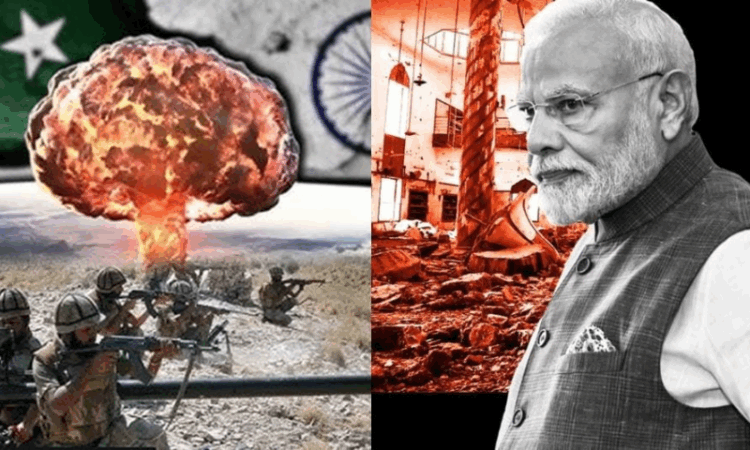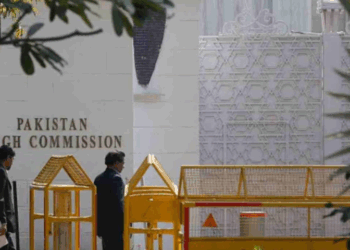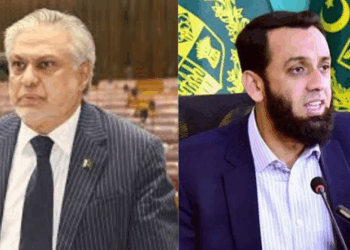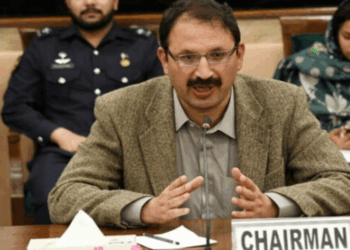Islamabad, May 13, 2025: The Pakistani government has strongly condemned recent inflammatory remarks by Indian Prime Minister Narendra Modi, describing them as a dangerous escalation rooted in misinformation, political opportunism, and a blatant disregard for regional peace.
In an official statement, the Foreign Office said Modi’s rhetoric aimed to fabricate false narratives to justify India’s aggressive actions against Pakistan, adding that such statements risk further destabilizing the region.
“These provocative assertions are not only misleading but also undermine the spirit of the recently agreed ceasefire,” the statement said. Pakistan reaffirmed its firm commitment to the ceasefire agreement brokered through the facilitation of several friendly nations and dismissed India’s claims that Islamabad sought the truce out of “desperation” as a complete distortion of the facts.
The government criticized India’s continued exploitation of the April 22 Pahalgam attack—an incident that left 26 civilians dead in Indian Illegally Occupied Jammu and Kashmir (IIOJK)—noting that New Delhi has provided no credible evidence linking Pakistan to the incident. Islamabad called the Indian response a deliberate attempt to malign Pakistan and justify unprovoked military aggression.
“Targeting civilian areas and military installations without substantiated cause is not only a violation of international law but also an act that endangers peace across South Asia,” the statement said. Pakistan rejected India’s portrayal of these attacks as “normal,” warning that such behavior violates the principles of the United Nations Charter and international norms.
The Foreign Office further raised concerns about India’s disregard for binding international agreements, specifically pointing to recent actions threatening the sanctity of the Indus Waters Treaty (IWT). It emphasized that Pakistan would take all necessary steps to safeguard its water rights under the treaty.
Reiterating its long-standing position, Pakistan called for the peaceful resolution of the Jammu and Kashmir dispute in accordance with United Nations Security Council resolutions and the aspirations of the Kashmiri people.
The statement urged greater international scrutiny of India’s actions and rhetoric, warning that Pakistan’s commitment to peace should not be mistaken for weakness. “Pakistan is prepared to respond firmly to any future aggression. Our resolve to protect our sovereignty, territorial integrity, and the security of our people remains unshaken,” it concluded.
Calling for a return to diplomacy and restraint, the government advised India to prioritize regional stability and the welfare of its population over domestic political gains driven by war hysteria.







